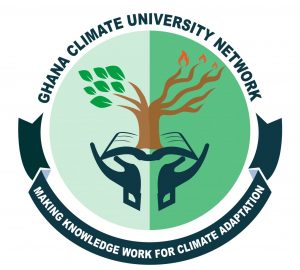Online Courses
Course 3.1: Ecosystem restoration and climate change
Credits: 5 ECTS
Target group: MSc-level students.
Methods: The course will span over a 7 week period. There will be 12 video lectures given and 6 reading exercises (scientific articles) examined with a multiple choice exam. Course Material will consist of lectures (12 recorded as video material) as well as 6 carefully selected scientific articles. In addition guidelines for the essay writing and evaluation forms for peer review will
be created. In addition we will select 12 – 20 well documented restoration projects (successful
as well as unsuccessful projects) that will be used for the final work. The Final work will be in
groups of two and will be evaluated as a online seminar. We will evaluate students based on a mid-course essay, in course small multiple choice exams (for each week) and a final online seminar. We shifted from our previous idea of a peer review of essays because the number of students in a large scale online course has been fluctuating For each lecture each student has to read one article and write a short essay 2 pages based on a question posed for the article. The articles will be carefully selected scientific articles. There will be 3-4 choices of articles, that different students have different articles.
Course outcome: Policy concepts, funding mechanisms and international restoration
agreements are known to students after the course. In terms of substance knowledge,
students should know, after the course what is the role of ecosystem restoration, what are the
conditions for successful ecosystem restoration (both socio-economic as natural).
Course 3.2: Open data for climate adaptation
Credits: 3 ECTS
Target groups: MSc-level students and continuing education students.
Methods: The course will be based on recorded web lectures as well as computer exercises. Content will be main sources of open data and their use. The course would contain multiple choice exams to test the progress of students and, for students from participating universities, we would organise a final exam.
*These will include geoinfomation data as (Google Earth Engine, Remote sensing providers, Copernicus), and statistical data (Statistics Ghana, European databases and Paituli for Finland).
* Scientific data bases and data bases (B2B, Repositories for article, major databases as traits).
* FAIR (Free, Accessible, Interoperable & Reusable) principles and their use.
* Data formats and conversion between different data-formats in open source software
(QGIS, R)
Course outcome: After the course, students know how to use open data resources and how to produce open data sets.
